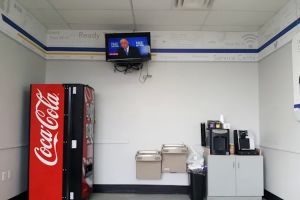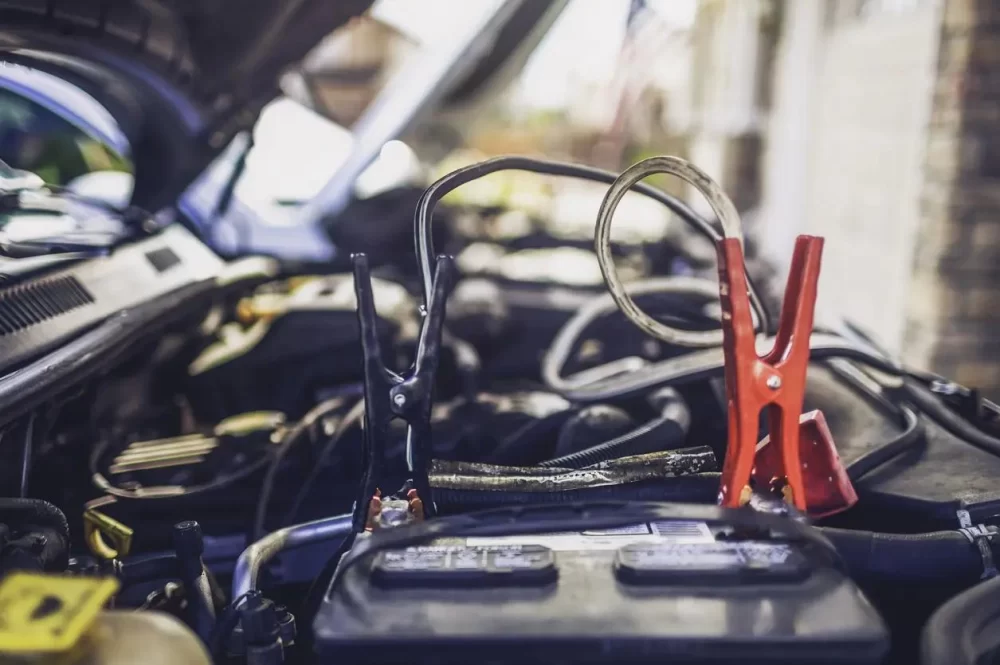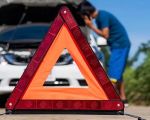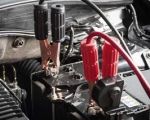Why Does My Car Battery Keep Dying Even After Jumpstarting?
It’s one of those frustrating situations I’ve faced more times than I care to admit—my car battery keeps dying, even after I’ve jumped it. I remember the first time it happened. I was out running errands, and suddenly, my car wouldn’t start. No lights, no sound, just dead silence. At first, I thought it was just a fluke, something that happened after I left my headlights on for too long. So, I jumped the battery, and everything seemed fine again. But then, a few days later, the same thing happened. And then again. At that point, I knew there had to be a deeper issue than just a dead battery.
If you’ve ever found yourself in a similar situation, I can definitely relate. A car battery dying repeatedly after jumpstarting it isn’t just a minor inconvenience—it’s a sign that something’s wrong with your car’s electrical or charging system. Over time, I’ve learned that this issue can be caused by several factors, and diagnosing the problem can sometimes be tricky. But with a little knowledge and some troubleshooting, you can figure out what’s causing your car battery to die and fix it once and for all.

7-ELEVEN GAS STATION
GAS STATION, 122 Bloomfield Ave Ste C, Bloomfield, NJ 07003, USA
1. A Faulty Alternator Could Be the Culprit
One of the most common reasons why my car battery kept dying, even after jumpstarting, turned out to be a faulty alternator. If you’re not familiar with how an alternator works, here’s the basic rundown: the alternator is responsible for charging your car battery while the engine is running. It’s connected to the engine and uses the rotation of the engine’s belts to generate electrical power, which gets sent to the battery to keep it charged.
If the alternator is malfunctioning, it can’t properly charge the battery, and over time, the battery will die even though it’s still relatively new. I experienced this firsthand when I had my car jumpstarted several times only for it to die again shortly afterward. The battery wasn’t the issue—it was the alternator not charging it properly. Signs of a faulty alternator include dimming headlights (because the alternator isn’t supplying enough power), unusual noises coming from the engine, or a battery warning light on your dashboard.
In my case, I had the alternator tested, and it turned out to be the problem. Replacing the alternator fixed the issue, and I no longer had to worry about the battery dying unexpectedly. If you’ve been dealing with the same issue, it’s worth getting your alternator checked to see if it’s the root cause.

NTB-National Tire & Battery
6315 Prentiss School Dr, Canal Winchester, OH 43110, USA
2. Battery Issues: It Might Be Time for a Replacement
Another reason my car’s battery kept dying was that the battery itself was simply worn out. Over time, batteries lose their ability to hold a charge. The average car battery lasts between 3 and 5 years, depending on factors like driving conditions and climate. In my case, my battery had been in the car for nearly six years, and I hadn’t realized that it was reaching the end of its lifespan.
If your battery is old or has been jumpstarted multiple times, it might not hold a charge anymore, no matter how much you try to jump it. I learned that sometimes a jumpstart can temporarily get the car running, but it’s not a permanent fix. If your battery is still the original one, or if it’s been a while since it was replaced, it might be time to swap it out for a new one.
When I replaced my old battery, I noticed that the car started more reliably, and I didn’t have to worry about it dying every few days. If you’re unsure about whether your battery is still good, many auto parts stores offer free battery testing. It’s a simple way to find out if it’s time for a replacement.
3. Loose or Corroded Battery Terminals
Another issue that I’ve encountered (and one that’s often overlooked) is loose or corroded battery terminals. Even if your battery is in good condition, if the connections to the battery terminals aren’t secure or are covered in corrosion, the battery won’t charge properly. I remember cleaning my battery terminals and tightening the connections, only to realize that the car’s electrical system was still acting up.
Battery corrosion occurs when acid leaks from the battery and reacts with the metal terminals, forming a buildup of white or greenish powder. This corrosion can prevent the battery from receiving a full charge, which means the car will have trouble starting. In my case, cleaning the terminals with a mixture of baking soda and water helped remove the corrosion, but if the terminals are too loose or damaged, they may need to be replaced.
To avoid this problem, it’s important to regularly inspect your battery terminals and clean them if needed. Tightening loose connections and ensuring that the terminals are free of corrosion can help ensure that your battery stays charged and your car starts reliably.
4. Parasitic Draw: Electrical Components Draining the Battery
Another issue I discovered when troubleshooting my car’s battery problems was parasitic draw. This occurs when electrical components in the car continue to use power even when the engine is off. I had no idea how many things in my car were still drawing power when I turned it off—things like the radio, interior lights, or even the car’s security system. If any of these systems aren’t properly shutting off, they can drain the battery while the car is parked, leaving you with a dead battery when you try to start it.
If your battery keeps dying and you can’t figure out why, it’s worth checking for parasitic draw. A simple way to test this is by using a multimeter to measure the current being drawn from the battery when the car is off. If the reading is too high, that means something in the car is using excessive power. I had a similar issue with my car’s alarm system, which was malfunctioning and draining the battery overnight. Fixing the alarm system solved the issue, and the battery stopped dying.
5. Extreme Weather Conditions Can Affect Battery Life
After living in a few different climates, I also learned that extreme weather conditions can have a huge impact on battery life. Hot summers and freezing winters both put extra strain on your car battery. In hot weather, the heat can cause the battery fluid to evaporate, which weakens the battery and reduces its ability to charge properly. In cold weather, the battery’s chemical reactions slow down, which can make it harder for the battery to start the engine.
If you live in an area with extreme temperatures, the battery may struggle to perform properly, even if it's still relatively new. I remember my battery dying multiple times during a particularly cold winter. It wasn’t that the battery was bad, but rather that the cold weather was preventing it from working efficiently. To help prevent this, I recommend keeping your car in a garage or parking in a sheltered area whenever possible, especially during extreme weather conditions. Also, if you notice your battery struggling more than usual in the cold, it might be time to check its health and consider a replacement before winter arrives.
6. Faulty Charging System
In some cases, the problem is not the battery at all, but rather the car’s charging system. If the charging system is faulty, the alternator won’t be able to recharge the battery, and you’ll find yourself needing to jumpstart the car regularly. I once had an issue where the alternator was working intermittently, which led to a situation where the car would run for a while, but once the engine was off, the battery wouldn’t charge properly. A thorough diagnostic test of the entire charging system is needed to identify this issue. It’s worth taking the car to a mechanic if you suspect there’s an issue with your charging system.
In summary, if your car battery keeps dying after jumpstarting, there are a variety of potential causes to consider. From a faulty alternator or worn-out battery to loose connections or parasitic draw, troubleshooting the problem can be a bit tricky, but with a little patience and the right knowledge, you can figure out what’s causing your battery issues. Don’t hesitate to get your car tested by a professional mechanic if you’re unable to pinpoint the problem yourself—after all, having a reliable car battery is crucial for getting you where you need to go without unexpected interruptions.























